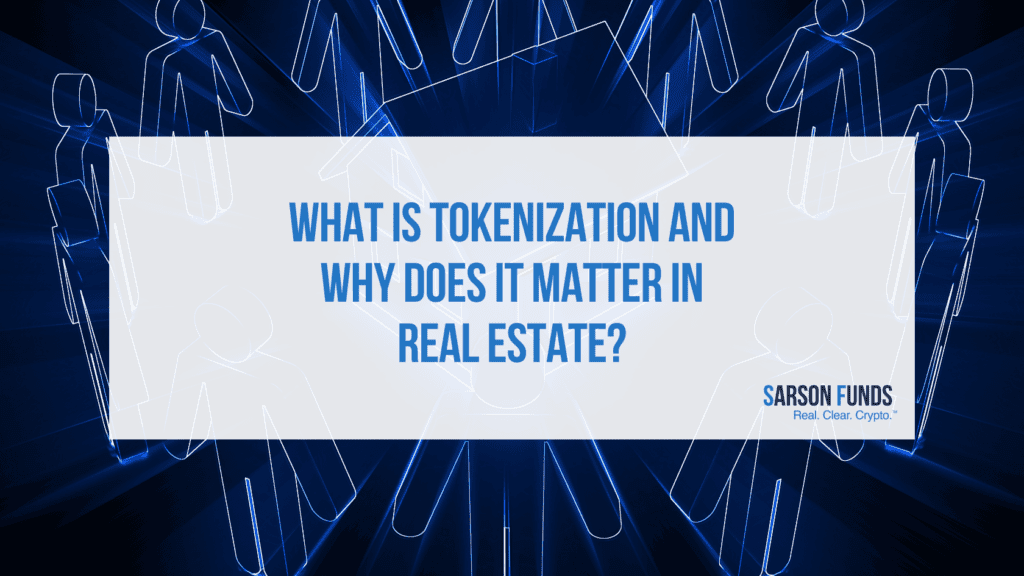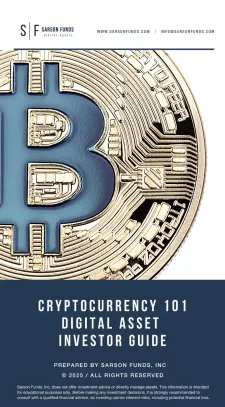
Real estate tokenization continues to grow. Asset tokenization projects have been picking up a lot of momentum in the latter part of 2021 into 2022. While it is still essentially a niche market, it could reach a $1.4-trillion market in 5 years considering its current growth trajectory of 0.5% according to a Moore Global report in August 2021.
The real estate market can be very complex. It involves large amounts of money, regulations, multiple stakeholders, and different specializations. Tokenization can simplify the very complex nature of real estate investing through blockchain technology.
Liquidity and Capital
Tokenizing an asset unlocks the value of the real estate asset. It also brings additional value through increased liquidity, speed through automation, cost reductions, reduced fraud, and a decentralization of data.
Tokenization also gives capital owners increased flexibility of their assets through liquidity. Property owners can convert the value of their asset into digital tokens and then issue the tokens to investors. The tokens represent a fractional share of ownership for the real estate asset.
Fractional Ownership
Tokens can divide the value of an asset into small pieces, smaller than pennies. A token can have up to 18 decimals, meaning they can greatly lower the barrier of entry for investors interested in diversifying their portfolios through real estate investments. Ownership is then recorded on various blockchain platforms. By purchasing the tokens, investors become partial owners, allowing them to be involved in cash flows and asset appreciation.
Disputes and Fraud
The entire chain of ownership is proven through the immutability of blockchain technology, allowing each stakeholder and investor to prove their ownership of the asset. Not only can ownership be proven, thereby reducing disputes for capital asset owners and their investors, the immutability of blockchain helps reduce the chance of fraud such as double selling.
Investor Liquidity
Blockchain technology takes real estate investing a step further through token ownership by allowing a situation in which partial owners are not locked into an illiquid market. They are given the freedom to be able to sell any amount of their shares (tokens) any time they want. Third-party exchanges enable the easy tracking of secondary transactions as well as minimizing any complications in the exchange.
Smart Contracts
Finally, smart contracts are a key piece of tokenization. Smart contracts are basically the outline of the agreement. The ability of smart contracts to store business logic helps to automate events when certain conditions are met. The rules are pre-established in the creation of the token’s smart contract making management much easier. The smart contracts can also have compliance built into the contract as a “condition.” For example, once KYC/AML is completed, then the transaction can occur.
The real estate tokenization market is still growing and improving. Various online markets continue to pop up, making real estate tokenization and investing in real estate tokens easier to accomplish.
Written by Jenell McLaughlin
Disclosures: Not investment advice. It should be assumed that Sarson Funds or its affiliated managers hold positions in all projects that are discussed. It is not possible to invest in any project directly through Sarson Funds, Inc. or its affiliated managers. Any investment product offered by managers affiliated with Sarson Funds should be assumed to be only available to Accredited Investors and subject to the individual terms and conditions of that offering including but not limited to those eligibility requirements associated with U.S. Securities Regulation D, section 506c. Talk with your financial advisor before making any investment decisions or have them contact Sarson Funds directly at [email protected]








